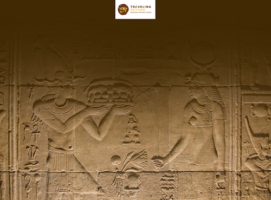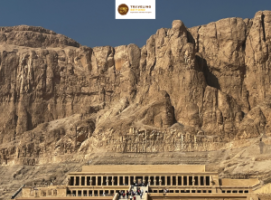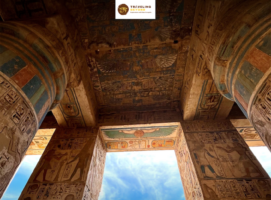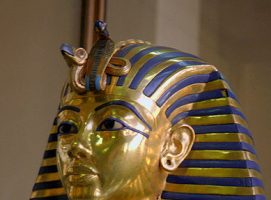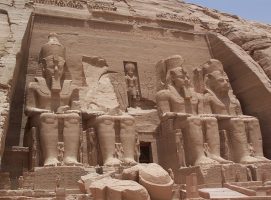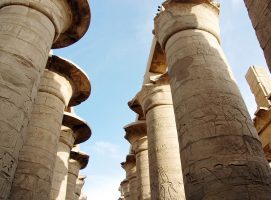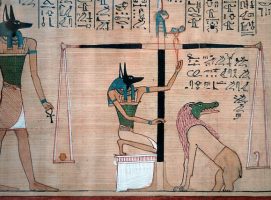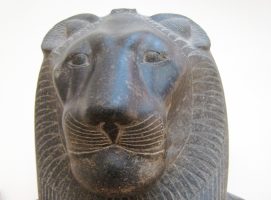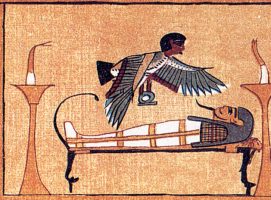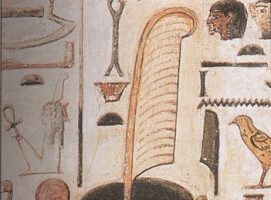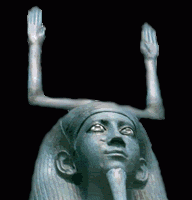Showing 16 articles
Precision Engineering in Predynastic Egypt
Author: Florimond KrinsFebruary 28, 2026
Ancient Egypt remains a place of wonder and mystery, from the beautiful temple complexes to the impressive pyramids that have survived the test of time. One could spend years studying the great pyramids of the Giza plateau and observe the amazing achievements of the ancient Egyptians. But in this article, I want to focus on [...]Traveling Beyond: Egypt Explorations with New Acropolis India Part 3 – The Myth of Osiris
Author: Gauri DhawanOctober 1, 2024
Traveling Beyond: Explorations with New Acropolis India, is an opportunity to travel with a philosophical lens, to visit places, not only as a tourist, but also as a seeker of truth and beauty. To try to uncover together, the wisdom that exists in the world, and to extract from it something that we can apply [...]Traveling Beyond: Egypt Explorations with New Acropolis India Part 2 – The Egyptian Temple as a Metaphor for Life
Author: Rahil MehtaJuly 8, 2024
Traveling Beyond: Explorations with New Acropolis India, is active travel for the aspiring philosopher; to come closer to the rich human heritage of lands and cultures across the globe. The philosophical way encourages us to come closer to what lies “beyond” – the invisible causes of what we observe, such that we may recognize the [...]Travelling Beyond: Egypt Explorations with New Acropolis India
Author: Sukesh MotwaniMay 1, 2024
Part 1 – Upper Egypt. New Acropolis India’s ‘Travelling Beyond’ initiative curated its inaugural exploration, a 10-day journey to Egypt in January 2024. Led by a senior instructor on Egyptian Symbolism and a very good local Egyptologist guide, the trip immersed its 32 participants in the culture, history, mythology, and philosophy of ancient Egypt. While [...]Tutankhamun in London
Author: Florimond KrinsApril 17, 2020
Probably the most famous of ancient Egypt’s pharaohs today, Tutankhamun was a small and short-lived king, who reigned for only ten years and died at the age of 18, in marked contrast to the later Ramses the Great, who reigned for 66 years and died in his nineties. Tutankhamun (1342 1325 BC) was one [...]The Temples of Ancient Egypt
Author: Agostino DominiciAugust 25, 2019
Introduction The quality of a civilisation’s culture is most visible in its art and more particularly in its architectural accomplishments, for these are usually its most complex and long-lasting forms. It’s hard to conceive of a more awe-inspiring architecture than that found in ancient Egypt. The essence and message of Egyptian architecture remained unaltered throughout [...]The Temples of Ancient Egypt (Part 1)
Author: Agostino DominiciMarch 19, 2019
Introduction The quality of a civilisation’s culture is most visible in its art and more particularly in its architectural accomplishments, for these are usually its most complex and long-lasting forms. It’s hard to conceive of a more awe-inspiring architecture than that found in ancient Egypt. The essence and message of Egyptian architecture remained unaltered throughout [...]The Book of the Dead
Author: Miha KosirMay 14, 2017
One thing we know for certain is that death is waiting for us all. Something so natural and irrefutable, but still how much do we understand what that really means? How we see death is how we understand life. Searching for those answers is a quest that has accompanied men and women since time immemorial. [...]The Power of Life
Author: Natalya PetlevychMay 13, 2017
Spring gives us a unique opportunity to witness the immense power of life. Everything in nature awakens, opens up to the warmth of the sun and actively grows unfolding its potential. Observing nature I remembered the ancient Egyptian concept of “sekhem”, usually translated as “power”. It has several aspects of meaning, indicating power in action. [...]The constitution of the human being in the Western tradition
Author: Agostino DominiciFebruary 7, 2017
From time immemorial, human beings have asked themselves the question ‘who am I?’ And philosophers, theologians and metaphysicians have all come up with different answers. The classification of the various human ‘constituents’, from one system of thought to another might have changed, but the underlying principles in question have remained the same. Thus, even though [...]Invisible Egypt
Author: Sabine LeitnerMay 17, 2016
In our culture the word ‘invisible’ is often taken to mean ‘non-existent’. But for the ancient Egyptians, the invisible was the cause of the visible and therefore, in a sense, more important. They realised that the form of a person, what they wear and how they appear is only a reflection of something internal which [...]

